
UK catch-UP – Summer 2020
July 27, 2020
FUNDRAISERS MIX THINGS UP
August 1, 2020Village catch-UP – Summer 2020
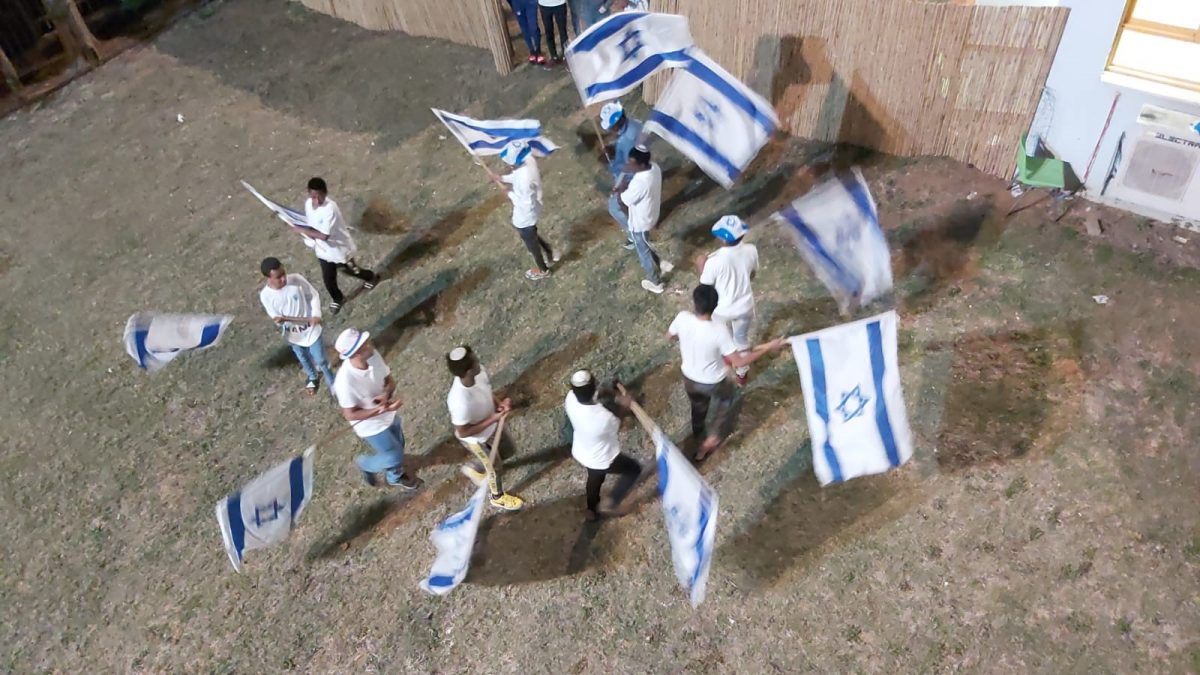
The Village Way
Never has education faced a challenge like the one posed from coronavirus when schools across Israel shut their doors and quickly moved lessons and classwork online. Educators and leaders looked for guidance and direction, and Youth Aliyah’s Village Way team were well-placed to provide it.
The Educational Institute team developed new materials and content at lightning speed to meet the needs of educators in the field, including a distance learning booklet on cultivating meaningful connection and belonging during this challenging time. It also hosted remote seminars for educators on issues surrounding graduating seniors during this crisis, with ideas and materials for creating special events, guiding seniors towards next steps in life, and designing a goodbye process in the shadow of coronavirus.
At the Geula Tel Aviv High School, which serves mostly at risk youth, the Education Institute team has worked closely with the school’s staff to further the impact they have with students. They have helped them support graduates and solve daily problems that come up in their lives, even though they are no longer students.
“We understand that if educational leadership and staff are supported during this unstable time, they can go on to provide a stable, strong foundation for the kids who need them.” – The Village Way Team
Aloney Yitzchak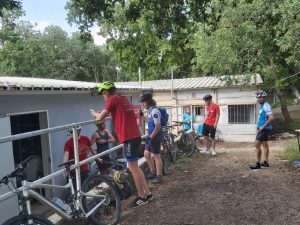
Coronavirus interrupted more than just classes at Aloney Yitzchak. For months, eight students had trained for a 400K annual bicycling competition sponsored by the Israel Cycling Academy. When the competition was cancelled in late March, these kids didn’t let that stop them from pursing their passion. They switched gears and instead rode 320 km within the village over three days.
What’s more, they were able to get sponsors for each kilometre they cycled and the funds they raised went toward the purchase of five special training bikes.
With the cancellation of the village’s normal operations, students who couldn’t go home stayed in the dorms. Although classes couldn’t take place, they were able to make good use of their time picking fruit and vegetables to ease a nationwide shortage. They earned pocket money and more importantly had a hand in helping to save crops from rotting.
Talpiot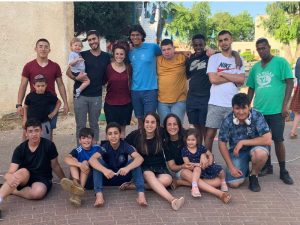
Many children at Talpiot endured severe trauma before coming to the village and the change to their daily schedule at the beginning of March gave them a chance to build stronger connections with their foster families. Away from the stress of regular schooling, many of the young people were able to fully participate in family life and stay on top of their assigned classwork too.
This was the case for Aharon, who at age 12 had behavioural challenges in his usual school environment. He also had difficulty with incontinence and was generally unenthusiastic about school. During lockdown, Aharon participated in a full schedule of activities organised by the staff at Talpiot. He threw himself into learning new things and had no further problems with incontinence.
The village is now looking for ways to incorporate some of the new practices that were so successful during lockdown into their regular schedule now that restrictions are being lifted.
Neve Hadassah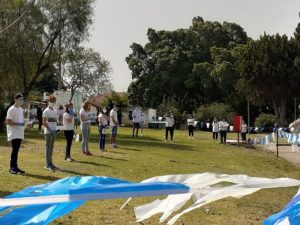
Regular lessons may have been on hold, but students at Neve Hadassah took advantage of the extra time in their day to learn new life skills and to volunteer.
On Yom Hashoah, or Holocaust Memorial Day, students made flowerpots and distributed them to survivors. Students have also learned how to cook and have created a newspaper for students and their families.
This year was also the first time that Neve Hadassah held a seder on Pesach. Students threw themselves into the preparations, decorating the dining room, arranging the tables and cooking special dishes. They shared the reading of the Haggadah and were able to broadcast the seder to students and families who couldn’t attend in person.
TOM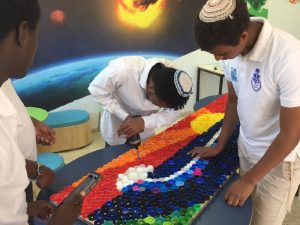
Although schools shut down across Israel in March, TOM – which provides support and vocational training to at risk religious teenage boys – stayed open for many of its boarding school students. The staff of the school coordinated an online learning programme to help the students on campus and off keep up their studies.
The boys also spent time taking care of the village’s grounds and planted a watermelon patch, built new relaxation spaces and a new area where they can interact with animals.
With Pesach falling in the middle of lockdown, many students asked to stay on campus instead of returning to their families as usual. This was the first time that a seder was held at TOM and for many of the students it was their first seder in Israel. Held during a challenging time, the effort that students and staff put in to staying on campus during the holiday made it all the more meaningful for everyone.
Yemin Orde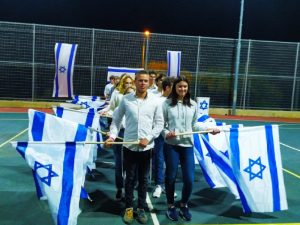
During the height of the pandemic, only 100 out of the 450 students in the village remained on site. The staff stayed in close contact with the students that went home and sent care packages, including study materials, books, calculators, pens, games, and even SIM cards.
The village also made an effort to support students’ families who were in need and sent them food vouchers before Pesach.
The weeks following the holiday are ordinarily some of the busiest of the year. This year however, the village needed to change the usual format, and for Holocaust Remembrance Day, Yemin Orde Director Shmuli Bing delivered an inspiring speech to students via Zoom. Students also researched the life stories of fallen soldiers and wrote about them.
Relating to one soldier’s courageous action, one teen noted that “when we realize our actions affect other people, we suddenly find strength in ourselves that wouldn’t have existed otherwise.”